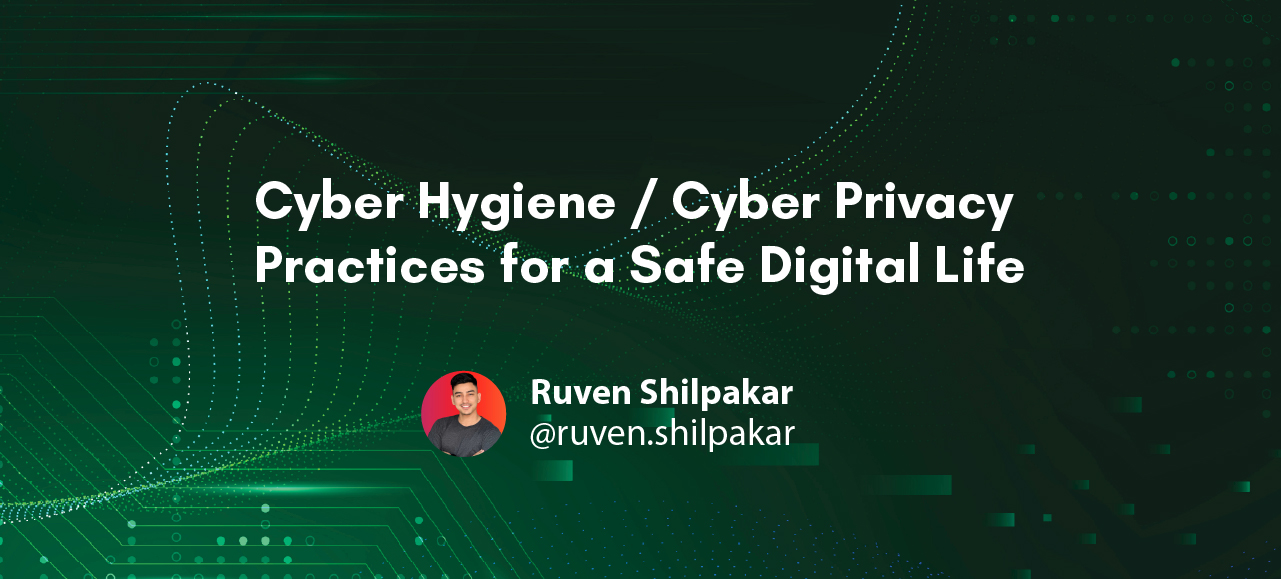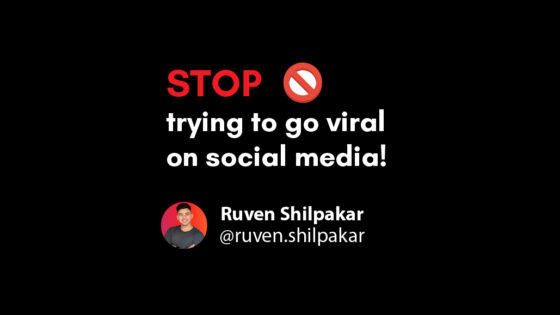Hey there, in today’s fast-paced digital age, we all rely on the internet for everything from shopping to connecting with loved ones. But with convenience comes risks, and cyber threats are on the rise. That’s where cyber hygiene comes in! It’s like a digital shield that helps protect our personal information, financial data, and overall online presence. Let’s understand why cyber hygiene is essential, some crucial practices, and the eye-opening experience I had at Kaspersky’s latest cybersecurity solutions unveiling event in Nepal.
The Kaspersky Global Leader Experience:
Recently, I got a chance to attend the latest Kaspersky event in Nepal, and it was an eye-opener! They’re a global cybersecurity leader, and their solutions are designed to combat the ever-evolving cyber threats. It’s amazing how serious cyber threats have become, with hacked accounts, financial losses, and reputational damage happening every day. But fear not, we have the power to protect ourselves!
The Importance of Cyber Hygiene:
So what is Cyber Hygiene? It’s all about adopting good online habits to protect ourselves from cyber threats. And trust me, it’s crucial for keeping our digital world safe from data breaches, identity theft, and financial fraud. By following some simple cyber hygiene practices, we can make sure our personal information stays secure and the cyber criminals stay far away!
Essential Cyber Hygiene Practices:
- Strong Passwords: Create unique and robust passwords for each online account to minimize the risk of unauthorized access.
- Regular Software Updates: Keep your operating system, antivirus, and other software up to date to stay protected against the latest cyber threats.
- Beware of Phishing: Be cautious with emails and messages, especially those requesting personal information or containing suspicious links.
- Secure Wi-Fi Connections: Use a strong and encrypted Wi-Fi password to protect your home network from hackers.
- Privacy Settings: Review and adjust the privacy settings on your social media accounts and other online platforms to control who can access your information.
- Enable Two-Factor Authentication: Activate two-factor authentication wherever possible to add an extra layer of security to your accounts.
- Data Backup: Regularly back up your important data to an external drive or cloud storage to prevent data loss in case of a cyber attack.
Cyber Threats in Nepal:
In recent years, cyber threats have increased significantly in Nepal, affecting individuals, businesses, and even government agencies. Hackers are actively exploiting vulnerabilities to gain unauthorized access to personal accounts, leading to blackmail and financial extortion. Furthermore, cyberbullying and defamatory actions are becoming prevalent, causing emotional distress and reputational harm to victims. It is imperative for Nepali citizens to be aware of these risks and take proactive steps to protect themselves from cyber threats.
In this digital world, we hold the power to stay safe! By practicing cyber hygiene, staying informed, and being proactive, we can create a safer online environment for ourselves and our loved ones. Let’s spread the word about cyber hygiene and be digital superheroes in this cyber world!



